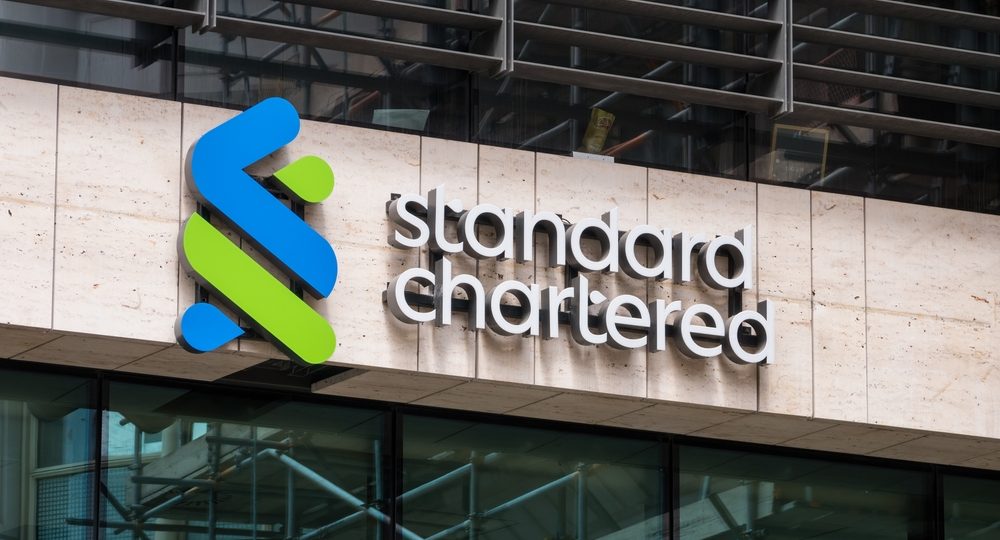There are two main types of claim available to claimants under the Financial Services and Markets Act 2000 (“FSMA”) – section 90 (s.90) and section 90A (s.90A). The same underlying events often give rise to both types of claim. However, there are significant differences between the two types of claim in terms of what they require in order to succeed, and related to that, the respective case management and costs implications.
All those things together determine the commercial prospects and risks of such claims, in other words, the assessment of whether they are worthwhile. Often one type of claim will be much more attractive for an investor than the other, depending on the specific profile of their shareholding in the relevant issuer.
This article by Joe Mitchell, senior associate in our Securities Litigation team, is the first in a two part series and considers s.90; part two will review s.90A.
What does s.90 FSMA say?
A person responsible for listing particulars (or prospectus) may be liable to a person who:
- Acquired securities to which the particulars apply; and
- Suffered loss in respect of those securities as a result of:
- any untrue or misleading statement in the particulars; or
- omission from the particulars of any matter required to be included (by ss.80-81 FSMA).
Notable features for investors
The wording used in s.90 is “acquired”, not subscribed – this opens up the possibility of “aftermarket claims” by investors who acquired shares not directly in an Equity Offering, but in trading thereafter. However, the acquisition must be for securities “to which the particulars apply” and there are differing views as to what that means. For example, is there a particular time period following the date of a Prospectus after which it will be considered not to apply to an acquisition, and if so what is that time period?
It is also worth noting that for s.90 (and s.90A), the acquisition of “securities” has been found to include both shares and an interest in shares. That is important as an interest in shares includes intermediated securities, which is how shares in listed companies are commonly held by investors. However, it does not include derivatives.
Section 90 is confined to listing particulars or prospectuses – so it does not apply to other documents like annual reports or financial statements. The focus of s.90 is on the “selling document” or single event, rather than regular reporting type documents that may come out periodically or ad hoc and are therefore much more prevalent.
The loss must be “as a result of” the statement or omission in question, so there is a causation requirement, but notably there is no reference to reliance being required. In his report for the government (prior to the introduction of s.90A), Professor Paul Davies KC commented of this provision that: “The absence of a requirement that the claimant should have ‘relied’ on the misstatement… indicates that, provided the misstatement affects the market price of the security, it does not matter that the claimant was unaware of it”.
Another notable aspect of s.90 in terms of what it does not require is any intention on the part of the issuer. This is in contrast to various torts that otherwise have similarities to the provisions of s.90, but for clear policy reasons require specific wrongdoing in terms of the state of mind of a defendant – to quote from Bailey v Walford [1846], “if every untrue statement which produces damage to another would find an action at law, a man might sue his neighbour for…. having a conspicuous clock too slow”.
An intention towards a specific individual clearly would not work in the modern context of an issuer of publicly traded shares as an individual investor would not be able to show an issuer intended to induce them specifically to acquire shares based on a prospectus, which by its nature would be a publication to an enormous class of persons, potentially the world as a whole. That is a key reason why s.90 and 90A of FSMA were required to fill the obvious gap in investor protection in what went before.
Disputing s.90 claims
Schedule 10 to FSMA provides a defence if a defendant can show a reasonable belief that the statement in question was true, not misleading or that matters were properly omitted. This essentially amounts to the defendant needing to show they were not negligent.
This defence is often a key battleground on s.90 claims – defendants will say they used experienced and expensive advisers in terms of due diligence and what they did/did not need to include in a prospectus, so their beliefs were reasonable and any omissions proper, etc.. That gives rise to questions of whether advisers were given the full picture and advice was followed.
The other most common areas of dispute on s.90 claims include:
- quantum – on which there is no direct authority as to how the Court will approach compensation should a claimant succeed, so there remains significant uncertainty and scope for argument; and
- more technical challenges to the claims, e.g. defendants will dispute that a claimant is entitled to bring the claim, or in other words does not have standing.
The more fundamental hurdle for s.90 claims though is the relatively narrow circumstances in which s.90 applies – it is essentially confined to single events, like an IPO, a rights issue or merger, so the class of claimants is inevitably narrow compared to the total number of investors who may acquire shares in an issuer in other circumstances, but who may nonetheless still be misled by statements a company has made in the course of deciding to invest or continue to invest in that company.
There is also the prospect of those circumstances becoming even narrower as part of the package of measures proposed by the FCA to strengthen the UK’s capital markets. For example, one proposed change currently out for consultation is that when an issuer whose shares are already publicly traded wishes to issue new shares, the requirement for a prospectus is only triggered where new shares exceed 75% of the existing shares issued. This would be a significant increase of the current threshold of 20%, which would inevitably reduce the number of prospectuses and in turn the likelihood of claims under s.90 being available.
You can find further information regarding our expertise, experience and team on our Securities Litigation page.
If you require assistance from our team, please contact us or alternatively request a call back from one of our lawyers by submitting this form.
Subscribe – In order to receive our news straight to your inbox, subscribe here. Our newsletters are sent no more than once a month.






